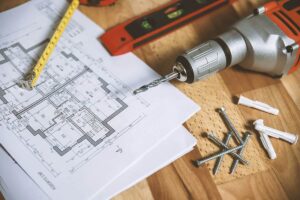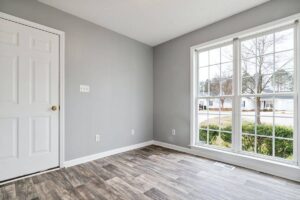Are you thinking of making a home addition without a permit? Please know, in most jurisdictions, it is not legal, and can result in hefty fines or worse. It is not worth it. You need a permit to start, make, complete, and enjoy your home addition in years to come. You may also need to sell your home in the near future. Having a permit is an added advantage. Before I tell you why you need a permit for your home addition, let’s understand why permits are there.
By default, permits ensure that home additions or any building comply with the minimum requirements set by the building codes. These building codes are laws that include safety and structural standards for the integrity of a building structure. They are enforced by local governments as a way of ensuring public safety and the long-term integrity of city buildings. Therefore, before you evade a permit by looking at it as a government thing, time-consuming or expensive, consider that not doing so will likely result in more expense, more time and more problems with the authorities. Follow this guide to understand more about why you need a permit.
Home additions without a permit don’t exist
In metro and surrounding cities in the U.S., there is no such thing as “additions without permits.” That is to say, permits are required in nearly every jurisdiction or town that has a city department. All construction structural projects, including additions, require a permit from the local municipality. This includes adding on to your home, making changes to your home’s electrical or plumbing systems, or similar.
A permit is required any time you make an addition to your home greater than a certain square footage decided by the city. This is because additions can affect the structural integrity of your home, as well as the safety of those who live in it. Even something as simple as adding a window can require a permit. The permit process exists to ensure that all construction projects meet local building codes and regulations.
It is illegal to make home additions without a permit
Permits ensure that your home addition meets all the necessary building codes and standards. Getting them also shows your neighbors and the city that you’re following the rules. It’s the law, after all. If you’re caught adding on to your home without a permit, you could be fined or even forced to tear down your additions.
Without a permit, any construction work is illegal and can result in hefty fines. And, these fines don’t stop until the issue is remedied! In some cases, unpermitted work may also void your home insurance policy, leaving you unprotected in the event of an accident or natural disaster.
Not only is it illegal to build an addition without a permit, but it can also be extremely dangerous. Without a permit, you have no guarantee that the work will be up to code. This means that it could collapse, or worse, injure or kill someone.
It’s also important to note that most homeowners’ insurance policies will not cover damage caused by work that was done without a permit. So, not only could you be putting your family at risk, but you could also be left with a hefty repair bill. In the worst-case scenario, an accident or injury could occur as a result of the work done without a permit. This could make you be sued.
So, if you’re considering an addition to your home, be sure to start by getting the necessary permits. It may take a bit of time and effort, but in the end, it’s worth it for the peace of mind and protection it provides. It’s simply not worth the risk to try and skirt the law when it comes to home additions. Play it safe and get the permits you need before beginning any work.
You don’t get the value and risk integrity of building when home additions without permits occur
Any building without permits is a huge gamble, not only with the local authorities but with the integrity of the home itself. This also applies to home additions. When home additions occur without permits, the value and risk integrity of the building is compromised. By circumventing the permit process, homeowners are forgoing professional inspections that could identify potential structural problems, safety hazards, and code violations. In the long run, this could lead to costly repairs, legal penalties, and even the demolition of the illegal addition. For more information you can contact us.
Why you need a permit for a home addition
1. Without a permit, the addition may not meet local building codes and safety standards.
This could result in the addition being structurally unsound or a fire hazard. Additionally, the addition may not be insured by the homeowner’s insurance policy if it is not up to code. This could leave the homeowner liable for any damages or injuries that occur as a result of the addition.
2. Building without a permit also affects the resale value of the home.
Potential buyers may be reluctant to purchase a home with an addition that does not have a permit. Additionally, insurance companies may refuse to provide coverage. This could also impact low resale value. If the home is sold, the buyer’s agent may require the seller to disclose that the addition was built without a permit. This could lead to a lower sales price or the home not selling at all.
3. You could also end up having to tear down your addition.
If you get caught building without a permit, you may be ordered by the court to tear down your addition. That’s a lot of time, money, and effort wasted.
It is best to get a permit before adding on to your home. While you may save some money in the short term by avoiding the permit process, the risks far outweigh the rewards. It’s simply not worth putting your home and your family at risk by cutting corners on something as important as the construction of your home. This will ensure that the addition is up to code and does not put the homeowner at risk for liability.
It is not worth it to try and make a home addition without a permit. Not only is it illegal, but it can also be dangerous and can put your family at risk. It is best to go through the proper channels and get the permits you need before beginning any construction work.








